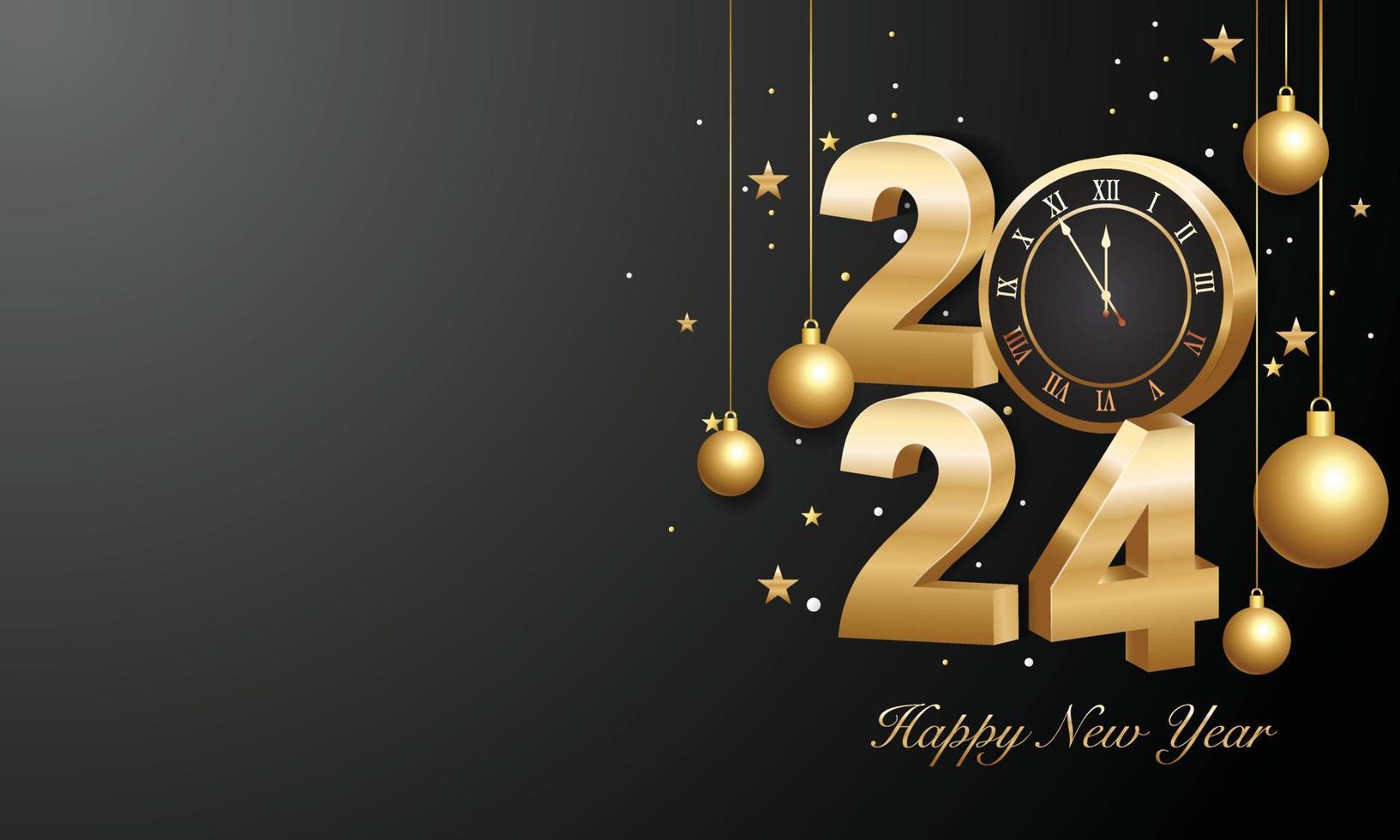When we think about public figures, like the well-known musician Randy Travis, our minds often turn to moments that shaped their path, or perhaps, sadly, the time when they passed on. It's a natural human trait to want to place these significant life events within a timeline, to know the precise moment something happened. This curiosity, in a way, often brings us face to face with the words we use to talk about time itself.
People often wonder about the specific year certain events took place. It’s a common thing, really, to try and get a grasp on the past by putting dates to memories or facts. This act of placing things on a calendar helps us make sense of history, whether it’s a big global happening or something that touched us personally, perhaps through the music of someone like Randy Travis.
So, when a question comes up, like "what year did Randy Travis die," it doesn't just ask for a simple number. It also, in some respects, makes us think about the language we use to frame such questions, and how we talk about years, dates, and the passage of moments. We often use phrases that seem straightforward, but sometimes, a little thought shows they have interesting little quirks.
- Graham Stephan Wife
- Sophie Cunningham Wife
- Who Did Hannah From Below Deck Marry
- Sidney Starr Nsfw
- Loves Journey Series
Table of Contents
- What Makes a Year Special When We Talk About It?
- Talking About Time - "From" or "Starting"?
- Is "Year's" Always the Right Way to Write It?
- Does the Calendar Always Make Sense?
- What's the Difference Between "A Year" and "The Year"?
- How Does "By" a Year Change Things?
- Shortening Our Words - "Yr." or "Yrs."?
- Reflecting on How We Talk About Years
What Makes a Year Special When We Talk About It?
Sometimes, when we talk about years, we might wonder about the best way to say something, or if one phrasing is better than another. For instance, people sometimes ask if it is a problem when someone says "from this year" instead of saying "starting this year." This is a rather common point of thought for those who pay close attention to how we put words together. It seems, in a way, that both ways of saying it can get the idea across, but one might feel a little more natural or precise depending on the situation.
How Do We Pinpoint a Specific Year?
When we're trying to pinpoint a specific moment, like asking "what year did Randy Travis die," the way we phrase the question matters for clarity. The question itself is pretty direct, but the answer, or how we talk about the answer, can have little twists. For example, if we are referring to something that began in a certain year, saying "starting this year" typically describes that beginning point quite well. Using "from this year" could, perhaps, suggest a continuous action that has its origin in that year, or it could mean the same as "starting," which shows that language can be a bit flexible.
Talking About Time - "From" or "Starting"?
Consider the difference between saying "from this year" and "starting this year." A question asked some time ago, maybe two years and ten months back, pondered this very point. The person asking was wondering if one phrasing was somehow incorrect compared to the other. It's a valid thing to think about, especially for someone who uses English often but might not have grown up speaking it. The essence of the message, you know, usually comes through either way, but the choice of words can sometimes feel more natural or proper.
- Seth Rollins Ethnicity
- Vince Gill Net Worth 2024
- Blake Griffin Family
- Highest Paid Plastic Surgeon In Los Angeles
- Where Did Sigma Come From
When We Speak of a Beginning - "What Year Did Randy Travis Die" and Language
When we speak of a beginning point in time, "starting this year" generally gives a clear picture. It points to a specific calendar period as the launch pad for whatever event or action we are discussing. When someone asks "what year did Randy Travis die," they are looking for that single, definite point in time. The way we answer, or even the way we think about the answer, can reflect these small but interesting language choices. It shows that even simple questions about dates can lead us to think about how language works.
Is "Year's" Always the Right Way to Write It?
Another point of interest in how we write about years touches on spelling. Someone once asked if "year's" was the correct way to spell it in a particular situation. This person, who considered themselves quite good at English, felt a little tug in their mind about this spelling. It's a good example of how even fluent speakers might pause over the finer points of written language. The small apostrophe and 's' can change a word from a simple plural to something showing possession or a contraction, so getting it right matters, in a way, for clear communication.
Does the Calendar Always Make Sense?
Sometimes, the way we count years can seem a bit strange. For instance, there's no "year 0" in our common calendar system. This fact is why some folks who are very precise about details might point out that the third millennium actually began in the year 2001, not in the year 2000. It's a little quirk of how our calendar was put together, and it just goes to show that even something as fundamental as counting years can have its own interesting history and rules. This bit of calendar trivia can be a fun point of discussion.
What's the Difference Between "A Year" and "The Year"?
There's also a subtle, yet pretty important, difference between saying "a year" and "the year." When someone says "a year," they could be talking about any year at all, without really pointing to a specific one. It’s like saying "any old year." But when someone says "the year," it means they are talking about a particular year, one that has already been mentioned, or one that is clearly understood by everyone in the conversation. This distinction helps us be more precise when we are referring to time, especially when discussing something as particular as "what year did Randy Travis die."
How Does "By" a Year Change Things?
The word "by" when it is used with "year" can also have a particular meaning. A question asked a while back, some seven years and four months ago, explored this very idea. It seems there was some discussion about what "as of" means too. One person, named Joel, was thought to be mistaken when he suggested that "as of" means "up to and including a point in time." While people often use it that way, its more precise meaning is a little different.
The Meaning of "As of" and Its Place in Time
"As of" really points to the moment in time from which something begins to happen or becomes true. It marks the start of a period or condition, not necessarily its end or something that includes everything up to that point. This can be a very important distinction, especially in formal writing or when precise timing matters. So, if you say "as of this year," it means from this year forward, not necessarily including everything that happened before or during the entire year. It’s a point of origin, in a way, for a status or condition.
Shortening Our Words - "Yr." or "Yrs."?
When we write things down, especially in shorter forms, we sometimes wonder about abbreviations. For instance, if you write "1 yr." for one year, should you also write "15 yrs." for fifteen years? This is a question about consistency in how we abbreviate words that show a quantity of years. It’s a small detail, but getting these consistent helps things look clean and easy to read, especially on something like an app button, where space is often limited. It’s a little like making sure all your ducks are in a row, you know?
Reflecting on How We Talk About Years
It is quite interesting to think about how we phrase things when we talk about time, whether it's discussing the life events of someone like Randy Travis or just everyday happenings. The language we use, the specific words and structures, shape how we express and receive information about dates. From deciding between "from this year" and "starting this year," to understanding the subtle differences between "a year" and "the year," or even the precise meaning of "as of," these small linguistic choices matter.
The rules about spelling, like whether to use "year's," or the oddity of a missing "year 0" in our calendar system, all contribute to the rich and sometimes tricky tapestry of our language. Even seemingly simple questions, like how to abbreviate "year" or how to refer to ordinal numbers like "9th," "3rd," or "301st," show that our way of speaking about time is full of interesting details. It appears that both "You've helped us with our thesis statements in this year" and "You've helped us with our thesis statements this year" carry the same message and are perfectly fine to use, which just goes to show how flexible our language can be.
Related Resources:



Detail Author:
- Name : Mossie Wintheiser
- Username : dbauch
- Email : aglae.kuhic@schaden.net
- Birthdate : 1994-08-27
- Address : 7136 Torphy Street Suite 110 East Wilburn, ID 44298-1057
- Phone : +14584916752
- Company : Wehner, Denesik and Emard
- Job : Hairdresser OR Cosmetologist
- Bio : Aut rerum dolorem officia ut voluptatum perspiciatis. In aperiam doloremque voluptates cupiditate. Nihil vel corporis qui sapiente voluptate cupiditate. Impedit ut voluptas ad laboriosam dolores.
Socials
tiktok:
- url : https://tiktok.com/@kathryn_haag
- username : kathryn_haag
- bio : Dolores aut dolor aut eaque eligendi. Voluptas modi molestias voluptatum enim.
- followers : 2872
- following : 2929
instagram:
- url : https://instagram.com/kathryn7356
- username : kathryn7356
- bio : Iste earum corporis facilis sint. Nobis amet aut et magnam dolorem nesciunt.
- followers : 3398
- following : 852
twitter:
- url : https://twitter.com/haagk
- username : haagk
- bio : Qui aliquam consequatur rerum facilis. Consequatur molestias quia earum laborum. Dolorum quo iste facere ducimus. Quis qui quisquam qui et.
- followers : 6129
- following : 777
facebook:
- url : https://facebook.com/khaag
- username : khaag
- bio : Praesentium voluptas sunt necessitatibus quas iusto.
- followers : 3150
- following : 2218
linkedin:
- url : https://linkedin.com/in/kathrynhaag
- username : kathrynhaag
- bio : Impedit inventore repellat dolor.
- followers : 3971
- following : 2579